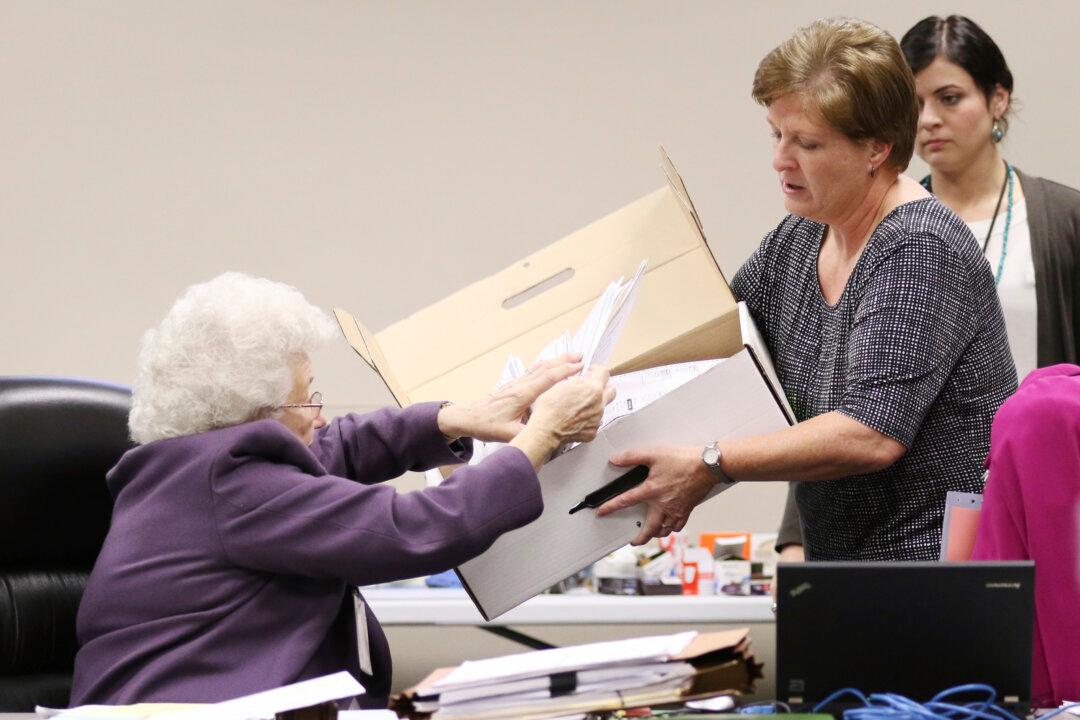PORT WASHINGTON, Wisconsin—A Wisconsin judge on Friday ordered that the registration of up to 234,000 voters be tossed out because they may have moved.
The judge sided with three voters represented by a conservative law firm who argued the state elections commission should have immediately deactivated any of the roughly 234,000 voters who didn’t respond to an October mailing within 30 days. The voters were flagged as having potentially moved.





